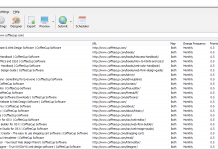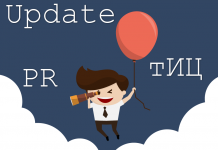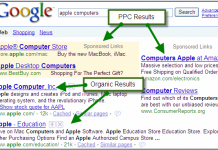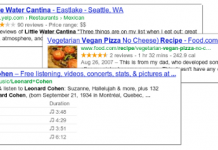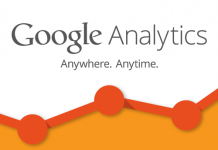The digital matchmaking scene is undergoing a significant transformation, driven by artificial intelligence. After years of swiping through endless profiles on platforms like Tinder and Hinge, many users are seeking fresher approaches to find compatible partners. This renewed interest coincides with a critical business challenge for dating app companies: declining subscription revenue despite growing user bases.
The Shifting Dating App Economy
For Emma Inge, a 25-year-old project manager in San Francisco, conventional dating apps hadn’t yielded meaningful connections. Seeking a different approach, she turned to Known, a startup offering an AI-powered matchmaking service. After a 20-minute virtual consultation with an AI chatbot discussing her preferences and dealbreakers, Inge paid $25 for a curated match arranged at a local bar. Her experience highlights a growing trend: users are increasingly open to AI-driven solutions in their quest for love.
This shift is particularly relevant as established dating apps face significant subscription challenges. Despite overall user growth, paid subscriptions have declined across the industry. While paid users generate the vast majority (97%) of revenue for platforms like Match Group (owners of Hinge and Tinder), they represent just 20% of the total user base. This alarming trend has hit the stock prices hard, with Match Group’s shares plummeting 80% since 2021 and Bumble’s stock down 9,000% from its IPO peak.
The “Cycle of Despair”
Industry insiders point to a frustrating user pattern known as the “cycle of despair.” Users download apps, become swamped with profiles or experience ghosting, uninstall the app, and then re-download it months later, perpetuating a cycle of disappointment rather than finding meaningful connections.
AI’s Emergence as a Solution
In response to these challenges, major dating apps and new startups are aggressively incorporating AI into their platforms. As Match Group’s chief operating officer, Hesam Hosseini, noted, “A.I. is already playing a big role in our business, but I think it has the potential to be a step change.”
The industry is witnessing a return to profile-matching roots, reminiscent of early online dating services like eHarmony, which used detailed questionnaires to find compatible matches. Today’s AI tools range from simple preference-matching algorithms to sophisticated generative AI that learns from user behavior and even analyzes profile photos.
Major Players Adapt Their Strategies
Hinge: With 15 million users, Hinge incorporates AI into profile feedback tools and recently revamped its matching algorithm using generative AI, reportedly increasing matches by 15%. The platform analyzes user preferences to suggest better matches.
Tinder: The iconic swipe app is testing “Chemistry,” an AI matching service that scans users’ photo libraries to learn more about them. While initially free, it could become a paid feature.
Bumble: Founded on the premise that women initiate matches, Bumble is developing an AI matchmaking app scheduled for release by year-end, though its business model is still being determined.
Grindr: This LGBTQ+-focused app has integrated six AI features, including an “A.I. wingman” for conversation advice and tools to reconnect with past matches. Popular features will likely be bundled into premium subscriptions.
Known: This newer startup takes a different approach, offering one-time matchmaking consultations after gathering detailed information through an AI chatbot.
Beyond Matchmaking: The Future of AI in Dating
The major players aren’t stopping at surface-level matching. They’re exploring innovative applications like AI dating coaches that provide feedback after dates and AI-generated virtual companions for users to practice relationships with. Facebook Dating has implemented an AI feature allowing users to describe their ideal partner in detail to find better matches.
However, this rapid integration of AI raises questions. While some companies like Hinge deliberately avoid branding their AI features as such, others embrace the technology fully. As Bumble’s founder Whitney Wolfe Herd stated at a tech conference, “This is not a fad. We’re going to lean in fast and furiously.”
The Investment Angle
The transformation has caught the attention of investors. Private equity firms like Francisco Partners and Permira are exploring acquisitions in the dating app space, aiming to build a portfolio to rival Match Group.
User Perspectives
Emma Inge’s experience with Known suggests AI matchmaking can work. After her AI-curated date at a San Francisco bar, she reported bonding with her match over shared interests in public transportation and new restaurants. For users weary of superficial swiping, AI-driven approaches offer a more targeted alternative.
The Bottom Line
The dating app industry stands at a pivotal moment. Facing declining subscriptions despite growing user bases, companies are embracing AI as a potential game-changer. While promising more meaningful connections, the industry’s pivot toward AI-driven matchmaking represents a fundamental shift in how technology intersects with human relationships. As the technology evolves, users will need to weigh the convenience and potential effectiveness of AI matchmaking against concerns about privacy, authenticity, and the very nature of human connection in the digital age













